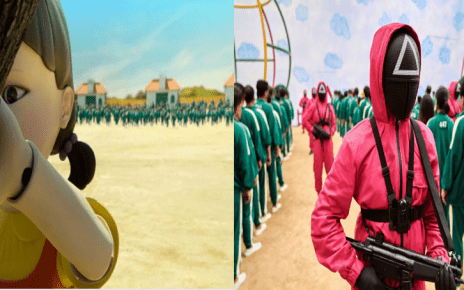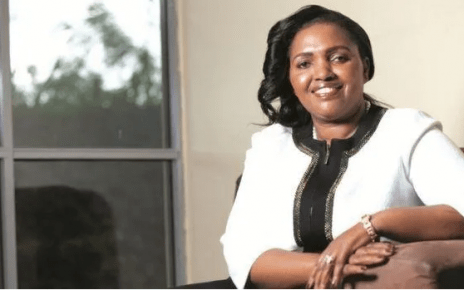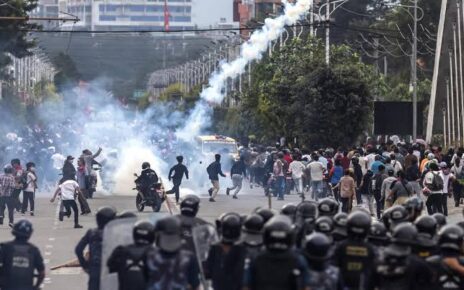In recent news, Twitter has faced the threat of EU sanctions over its decision to ban several journalists from its platform. This move has sparked widespread controversy and criticism, with many arguing that it infringes upon the freedom of speech and the right to free expression.
The banned journalists, who are primarily from far-right or conservative news outlets, have been accused of spreading misinformation and inciting violence on the platform. Twitter has defended its decision by stating that it has a responsibility to protect the safety of its users and to prevent the spread of harmful content.
However, many have argued that Twitter’s decision to ban these journalists is a form of censorship and violates their right to free expression. They argue that while Twitter has the right to regulate the content that appears on its platform, it should not be able to silence voices simply because they disagree with the company’s views.
The EU has responded to these concerns by threatening to impose sanctions on Twitter if it does not reverse its decision to ban these journalists. The EU has stated that it will not tolerate any form of censorship or suppression of free speech, and that it will take action if necessary to protect the rights of its citizens.
Overall, the situation with Twitter and the banned journalists highlights the complex issues surrounding freedom of speech and the role of social media platforms in regulating content. While Twitter has the right to regulate its platform, it must also respect the rights of its users and ensure that it is not stifling free expression. If it fails to do so, it risks facing significant consequences, including the threat of EU sanctions.



